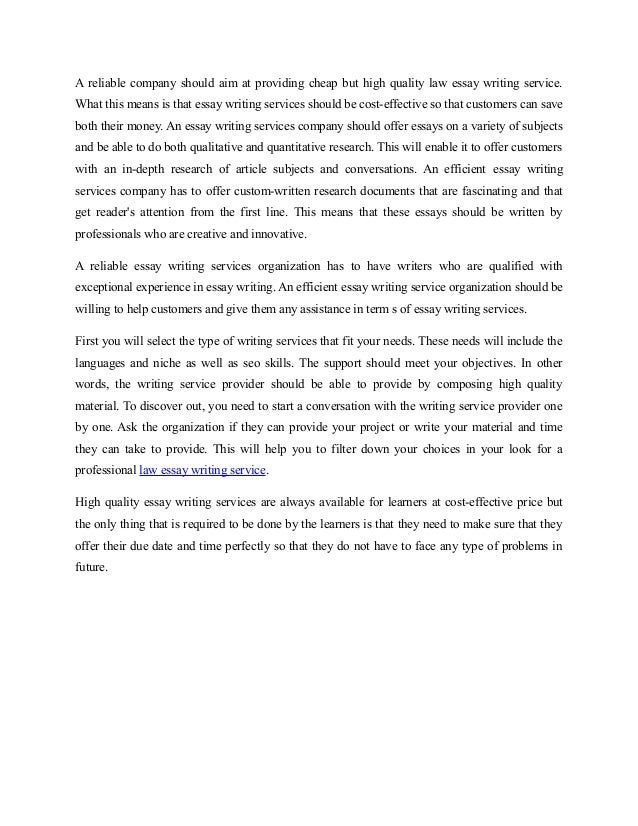Historical Context: African American Civil Legal rights. Throughout United States historical past, several constitutional and civic concerns have been debated by Americans.
These debates have resulted in initiatives by people today, teams, and governments to deal with these challenges. These endeavours have reached varying levels of accomplishment.
One of these constitutional and civic issues is African American civil rights. Task: Read and analyze the documents. Using information from the paperwork and your knowledge of United States background, create an essay in which you. Describe means "to illustrate something in words and phrases or inform about it"Explain means "to make plain or easy to understand to give motives for or causes of to show the logical growth or relationship of"Discuss suggests "to make observations about something employing information, reasoning, and argument to present in some detail"Document 1a.
- Am I Allowed To Pay up People to Do My Personal Proclamation?
- Contact Us Each time Assuming You Have Inquiries or Concepts
- How to Select an analysis Document Writing Solution
- Expository Essay Formulating Help From Professional people
- The Perfect Writers to undertake Your Duration Reports
- Are There Any Hidden Will cost you?
rn. . Just before the Civil War, blacks could vote in only a handful of northern states, and black officeholding was pretty much unheard of.
Write my Lab Say in my situation

(The initial African American to maintain essayshark discount elective place of work seems to have been John M. Langston, chosen as township clerk in Brownhelm, Ohio, in ) But throughout Reconstruction most likely two thousand African People held public business, from justice of the peace to governor and United States senator.
1000's additional headed Union Leagues and nearby branches of the Republican Occasion, edited newspapers, and in other means motivated the political approach. African People did not "handle" Reconstruction politics, as their opponents regularly charged. But the introduction of black suffrage and officeholding after the war represented a fundamental change in ability in southern lifestyle. It marked the culmination of equally the constitutional revolution embodied in the Fourteenth and Fifteenth amendments, and the wide grassroots mobilization of the black neighborhood.
. .
Source: Eric Foner, Forever No cost: The Story of Emancipation and Reconstruction, Alfred A. Knopf, 2005. Document 1b.
rn. . While 1890 to 2000 is a reasonably quick span of time, these eleven a long time comprise a significant interval in American record. The collapse of Reconstruction immediately after the Civil War led to the institution of white supremacy in the Southern states, a method of domination and exploitation that most whites, in the North as very well as the South, envisioned to very last indefinitely. In 1900, despite the nation's formal determination to racial equality as expressed in the Fourteenth and Fifteenth Amendments, racial discrimination remained a essential organizing basic principle of American society. In the South, racial discrimination, strengthened by racial segregation, turned official condition policy. In the North discrimination and segregation also became widely sanctioned customs that amounted to, in influence, semiofficial policy.
The federal govt practiced racial segregation in the armed providers, discriminated towards blacks in the civil company, and frequently condoned, by its steps if not its phrases, white supremacy.
. Source: Adam Fairclough, Much better Day Coming: Blacks and Equality 1890–2000, Viking, 2001. Based on these files, condition one particular way the conclusion of Reconstruction afflicted African People. Document 2. rn. . By 1905 people African People in america who stayed in the former Confederacy observed by themselves just about banished from local elections, but that didn't signify that they weren't political actors. In his famous 1895 Atlanta Exposition speech, Tuskegee College president Booker T. Washington proposed vocational instruction alternatively than classical instruction for African Americans.
No comments.